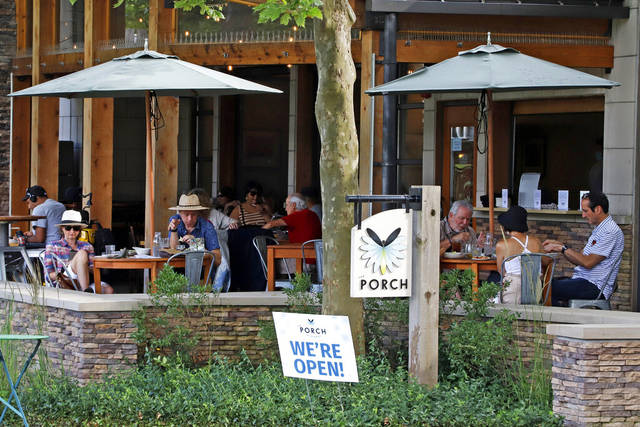https://development.triblive.com/opinion/antony-davies-pa-s-alcohol-monopoly-we-told-you-so/
Antony Davies: Pa.’s alcohol monopoly — we told you so

Defenders of the Pennsylvania Liquor Control Board (PLCB) fought for decades against alcohol privatization efforts. Principal among these was Wendell Young IV, president of the United Food and Commercial Workers Pennsylvania Wine and Spirits Council — the union that represents state store workers. Despite numerous studies and polls to the contrary, Young insisted privatization would be bad for Pennsylvania.
But voters believed privatization was a good idea. In 2002, 55% of Pennsylvanians said they favored privatizing state-run liquor stores. In a 2013 Commonwealth Foundation poll, 66% (and 55% of union households) favored abolishing state-run wine and liquor stores.
Meanwhile, repeated studies comparing privatization to alcohol consumption across states and time showed that state-run alcohol retailers are associated with more alcohol-related deaths, more alcohol- related traffic fatalities and greater rates of binge and underage drinking.
In the face of this evidence, PLCB proponents insisted that privatizing alcohol sales would lead to a surge in underage drinking because state store workers had no profit incentive to sell to minors. This is the sort of argument people trot out when it’s clear they have no winning arguments. While true that state store workers had no profit incentive to sell to minors, more importantly, they had no loss incentive to avoid doing so. A private vendor who sells to minors risks losing his license as well as his business. In many cases, that penalty easily can run into the hundreds of thousands of dollars.
But all of this is academic, because the numbers are coming in and they confirm what privatization advocates were saying all along.
On Aug. 8, 2016, Act 39 went into effect in Pennsylvania, allowing hotels, restaurants, and grocery and convenience stores to sell wine for takeout. And now, five years later, the data on underage drinking are telling us what happened.
In Pennsylvania in the four years prior to 2016, there were an average of 748 automobile accidents involving underage drinking. In the four years after 2016, the average was 442. That’s a 40% decline in accidents involving underage drinking after alcohol privatization versus before.
According to the PLCB itself, binge drinking among Pennsylvania minors fell from the year prior to Act 39 to the year after. The Centers for Disease Control report that underage drinking among Pennsylvania minors fell 18% from the year before privatization to the year after. That’s more than double the decline experienced across the nation as a whole!
It has taken decades to put a dent in the state alcohol monopoly, but important lessons have emerged that voters should remember when facing down other state-supported monopolies.
First, the people who stand to gain from the monopoly will say anything to scare or cajole voters into submission. Whether the monopoly is good for the public isn’t their concern. That it’s good for them is.
Second, to estimate what will happen when a state-supported monopoly disappears, step away from the emotional rhetoric and look at other states and other times where similar monopolies don’t exist. If monopolies are a bad idea in the private sector, they are even more so in the public sector.
As enacted, the PLCB was a bad idea whose time is coming to a welcome end.
Copyright ©2025— Trib Total Media, LLC (TribLIVE.com)
